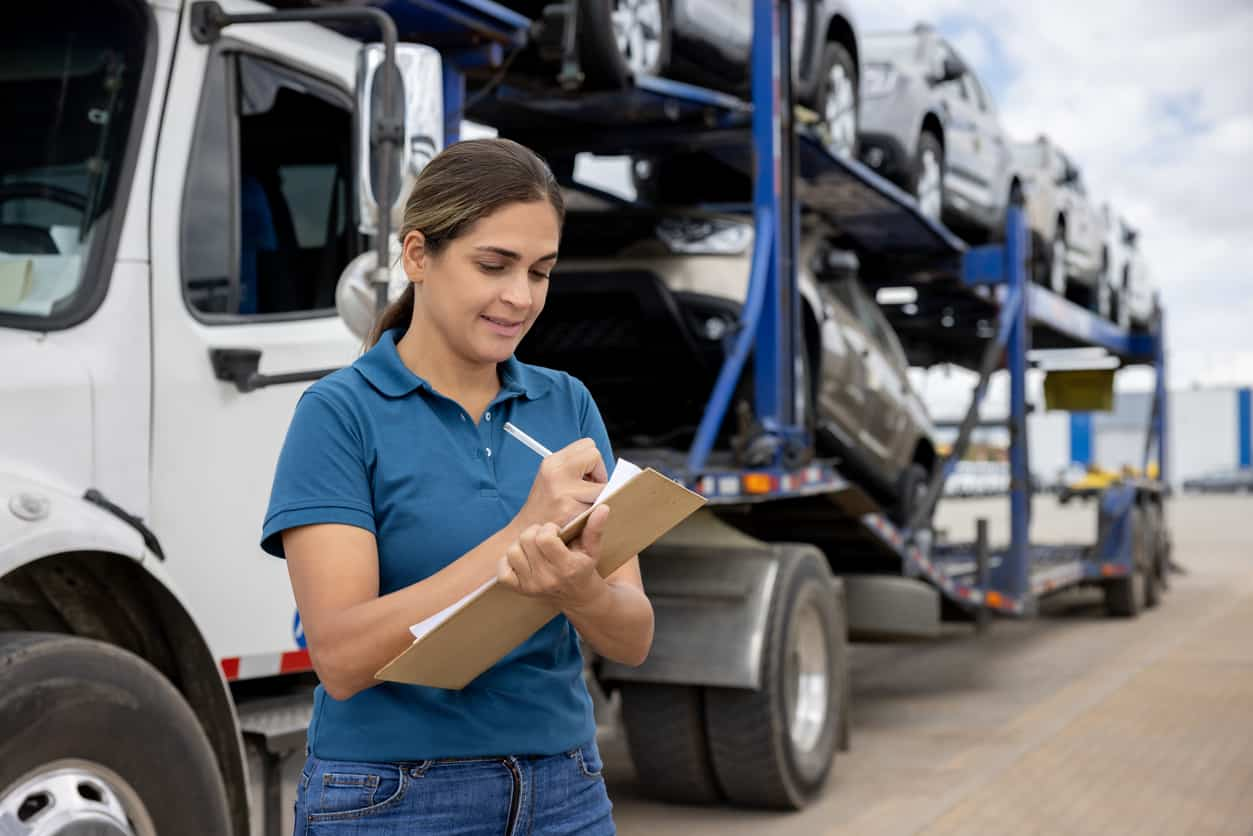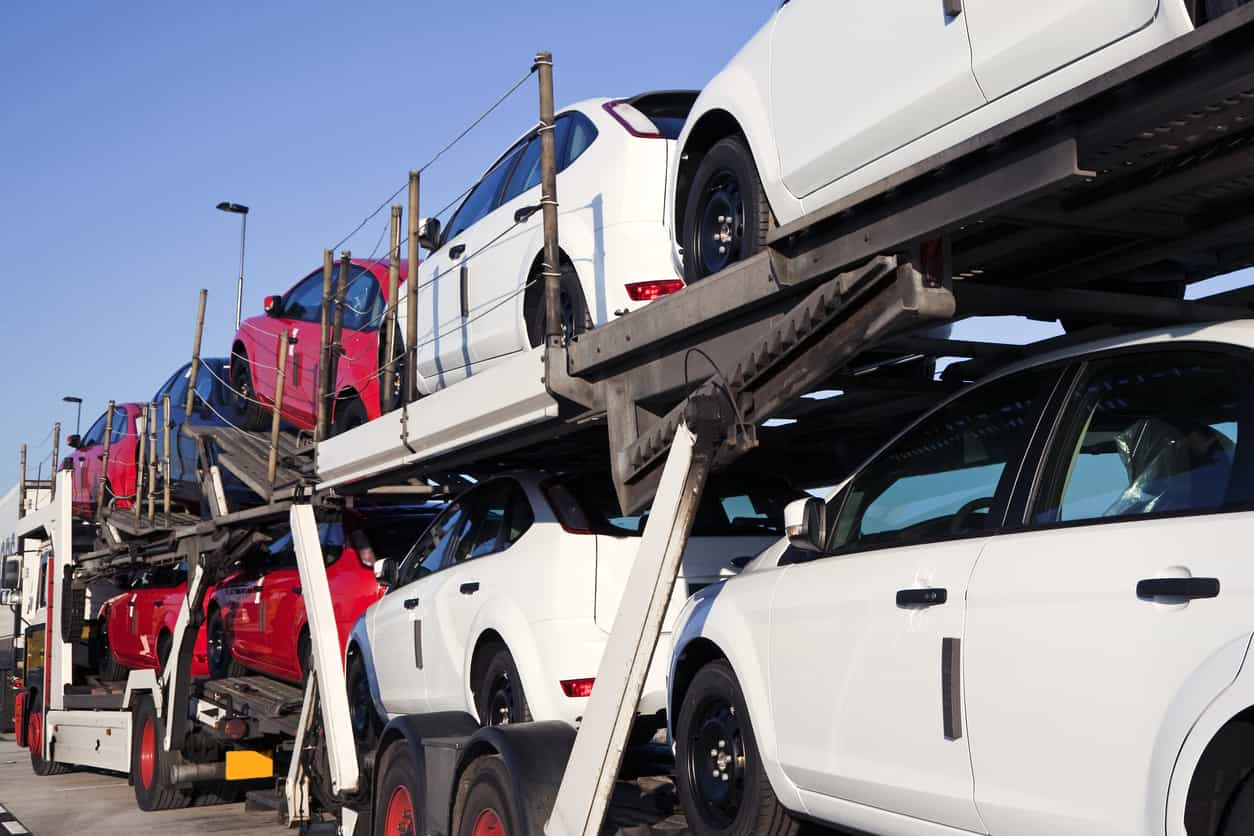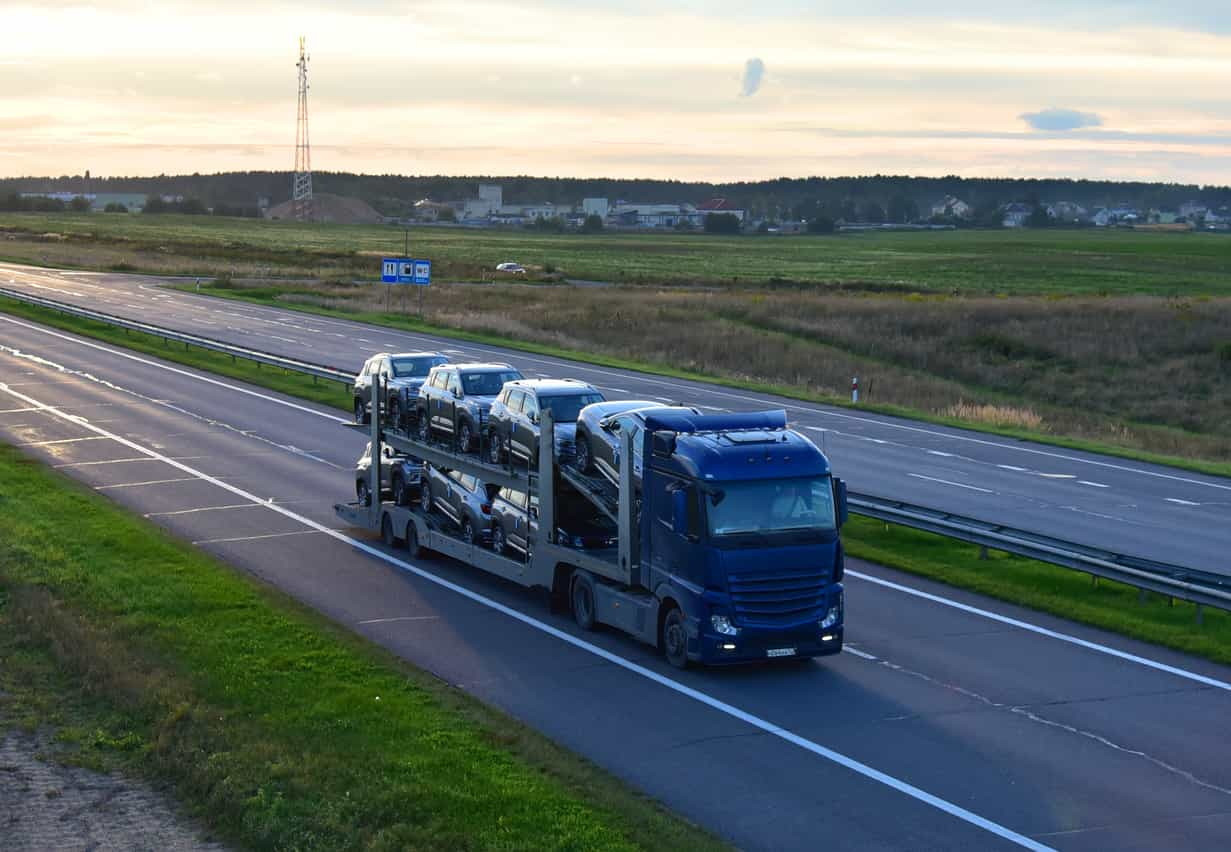Embracing Technological Advancements The car shipping industry, a vital cog in America’s economic machine, is currently undergoing a transformation influenced by evolving technological advancements. Advanced shipping and tracking technologies have significantly improved the speed, safety, and accuracy of auto transport, proving beneficial for both providers and consumers.
A Vision of Automation Artificial intelligence and automation are paving the way for a future defined by seamless transportation experiences. Already, automated booking systems have streamlined transactions and communication between customers and shipping companies. In the coming years, we anticipate even greater strides, such as the potential integration of autonomous trucks into the fleet.
Environmental Impact and Sustainability Increasingly, sustainability is a crucial consideration in every industry, and car shipping is no exception. Consumers and companies alike are making concerted efforts to reduce their carbon footprints, leading to a surge in the demand for eco-friendly shipping solutions.
Electric Revolution The rise in popularity of electric vehicles (EVs) presents an interesting challenge for the shipping industry. As EVs continue to multiply, the need for infrastructure that can support the specific requirements of these cars, such as charging stations, during transport becomes apparent.
Investment in Green Technology Shipping companies are expected to invest heavily in green technology. This not only includes more fuel-efficient vehicles but also sustainable packing materials and practices. Moreover, there’s a growing interest in alternative fuels, like biofuels, and renewable energy sources to power operations.
Legislation and Industry Standards Regulations play a significant role in shaping the industry landscape. Changes in legislation and industry standards have the potential to drive major shifts in the car shipping sector.
State-Specific Considerations Different states present unique challenges and opportunities for car shipping. For instance, California’s stringent emission standards require more advanced, eco-friendly fleets, while Texas, with its oil and gas reserves, presents a different dynamic.
Flourishing in Florida Florida exemplifies the unique opportunities that individual states can offer. With a high volume of retirees relocating and an influx of tourists needing seasonal vehicle transport, it is a booming hub for the car shipping industry. However, it also demands strategies to handle high volumes efficiently and cost-effectively.
Conclusion The future of the American car shipping industry holds a fascinating mix of challenges and opportunities. As technology advances, green initiatives gain momentum, and state-specific dynamics come into play, the industry must adapt and innovate to thrive.
Frequently Asked Questions
How are car shipping companies adapting to the rise in electric vehicles?
Car shipping companies are working to accommodate the specific needs of electric vehicles, such as ensuring access to charging stations during transport. Some are also investing in electric trucks and other eco-friendly technologies to align with the overall shift towards green energy.
What impacts do state-specific regulations have on the car shipping industry?
State-specific regulations can significantly impact the car shipping industry. For instance, states with stringent emission standards might require more advanced, eco-friendly fleets, while states with large oil and gas reserves might influence fuel choices. Companies need to be cognizant of these regulations and adapt their operations accordingly.





